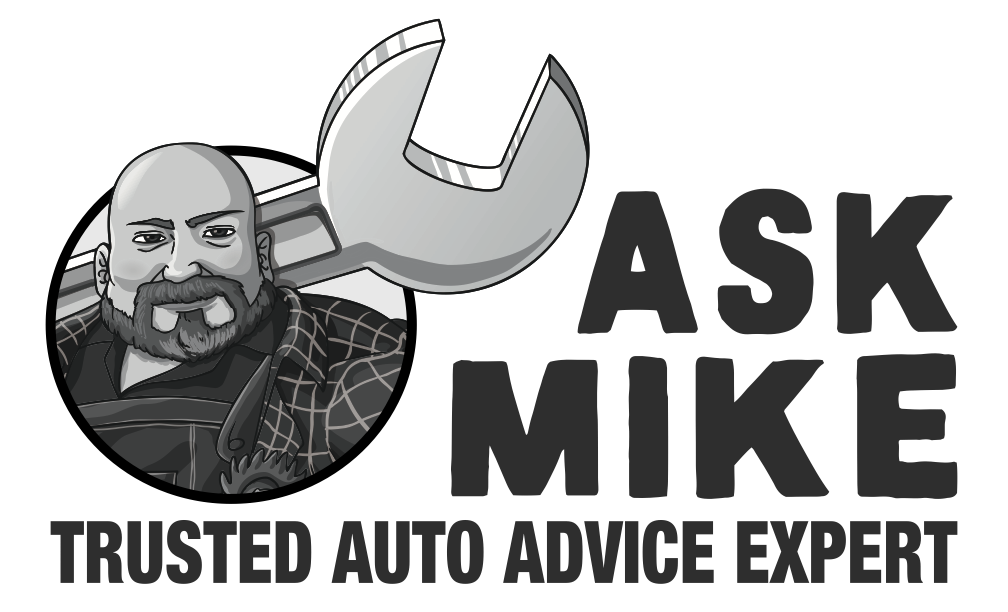Dear Mike,
I have a 2005 Nissan Altima and recently noticed some issues with my brakes. I took it to the mechanic and they informed me that I need to replace the brake lines. I have some experience with DIY car repairs but I’ve never tackled a job like this before. How hard is it to replace brake lines on a vehicle? Do you have any tips or advice for me?
Thanks,
Giselle
Hey Giselle,
Replacing brake lines on your vehicle may seem like a daunting task, but it’s definitely doable with some patience and the right tools. It’s important to have functioning brakes as they are the primary safety feature of your vehicle.
As you mentioned, our winters in Southwestern Ontario mean salt and deicer on the roads, which can cause brake lines to rust and eventually fail. So, good call on getting them replaced to ensure the safety of yourself and others on the road.
First things first, you’ll need to gather some tools. You’ll most likely need a basic socket set, flare wrenches, a tubing bender, tubing cutter, and a brake line flaring tool. You should also have some brake cleaner, rags, and a brake line bending pliers handy.
If you’re not sure where to get started, check out some online tutorials or pick up a repair manual for your specific vehicle. It’s important to follow the proper steps and safety guidelines to ensure the job is done correctly.
Typically, replacing brake lines can take anywhere from 2 to 5 hours depending on the complexity of the system. If you’re not comfortable tackling it on your own, it’s definitely worth taking it to a reputable mechanic like the folks at Urban Automotive.
As you mentioned, some vehicles may require a scanner to properly bleed the brake system of air. This can be a little tricky, so it’s best to leave it to the pros.
A tip from my experience, make sure you have plenty of brake cleaner and rags on hand. This job can get messy. Brake cleaner is also important for cleaning any rust or debris off of the brake line connections before you start working on them.
Additionally, when removing the old brake lines, be sure to mark them with tape or a marker so you know which line goes where. This will save some headaches when it comes time to install the new lines.
In terms of cost, pre-made brake lines from the dealer may be more expensive, but they can save some time on installation. However, if you’re looking to save some money, having a mechanic like Urban Automotive create custom brake lines can be a more cost-effective option.
Overall, replacing brake lines may seem intimidating, but with the right tools and instructions, it’s definitely doable. But if you’re not confident in your ability to tackle the job, leave it to the professionals. Thanks for reaching out, Giselle!
Until next time,
Mike Urban, Founder of Urban Automotive.
